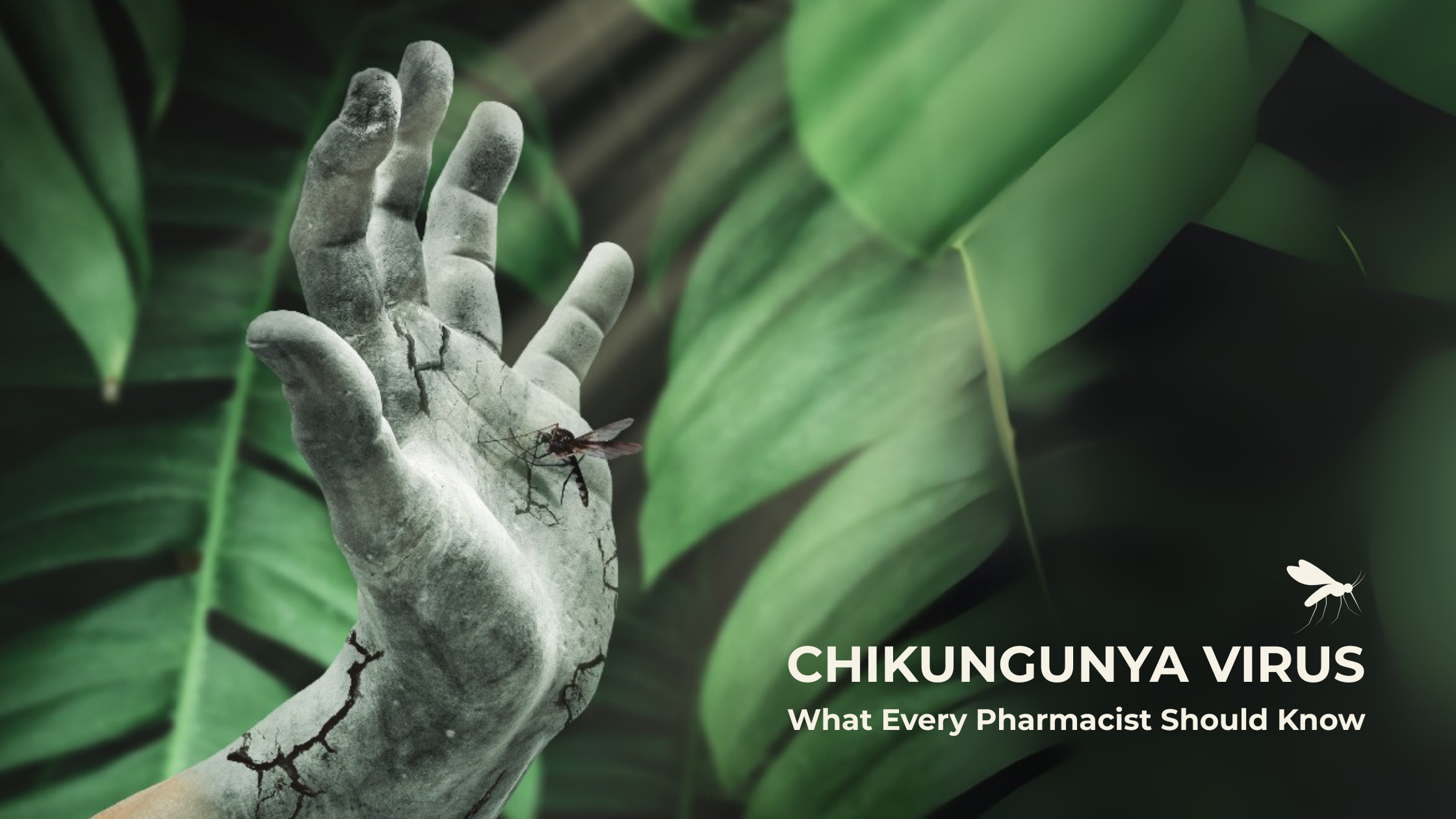
🦟 Chikungunya is a mosquito-borne virus transmitted by Aedes mosquitoes, the same vectors responsible for spreading dengue and Zika viruses. These mosquitoes primarily bite during the day and thrive in urban environments, increasing the risk of transmission in densely populated areas.
📍High-Risk Areas
- South America
- The Caribbean
- Africa
- Southeast Asia
- Parts of Europe
🌎 Chikungunya has been identified in over 110 countries, including popular travel destinations for Canadians.
⚠️ Chikungunya typically presents with the sudden onset of fever and debilitating joint pain, which can persist for months. In severe cases, the virus may cause neurological complications. Long-term effects can include chronic arthritis-like symptoms, significantly impacting the quality of life for affected individuals.
📅 The incubation period for Chikungunya ranges from 3 to 7 days after being bitten by an infected mosquito. While most symptoms resolve within a week, joint pain can linger for several months, and in some instances, up to a year.
💊 There is no specific antiviral treatment for Chikungunya. Management focuses on symptom relief through:
- Rest & hydration
- Analgesics (such as acetaminophen)
🛡️ Prevention Measures:
- Use mosquito repellents
- Wear long-sleeved clothing
- Eliminate standing water to reduce mosquito breeding sites
- A significant advancement in prevention is the IXCHIQ® vaccine, a single-dose vaccine offering protection against chikungunya for individuals aged 18 and older
🔗 Key Resources:
- For the latest post-approval information on Valneva’s Chikungunya vaccine, IXCHIQ®, visit www.ixchiq.ca.
- For comprehensive travel health insights, visit Travel Health Xpert. This platform provides access to peer-reviewed journals, bi-monthly newsletters, expert opinions, and global health updates.